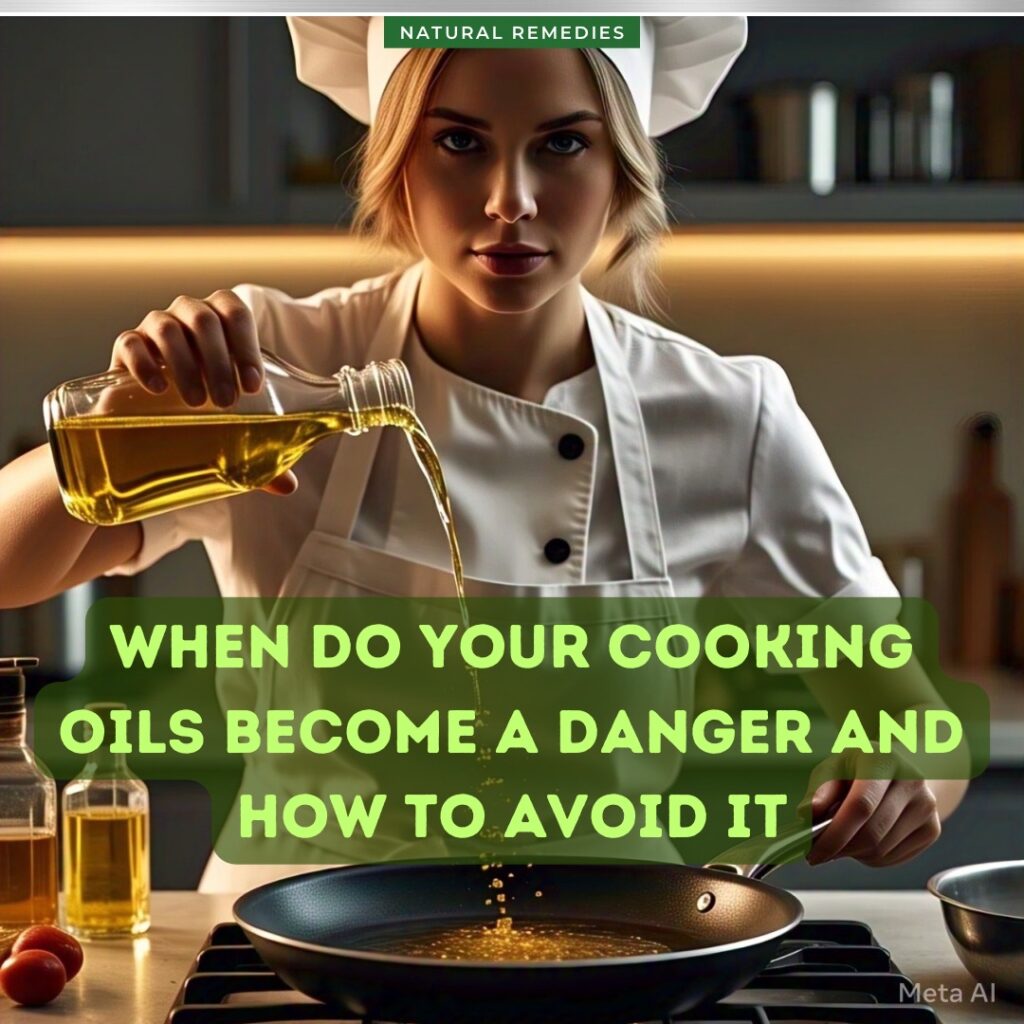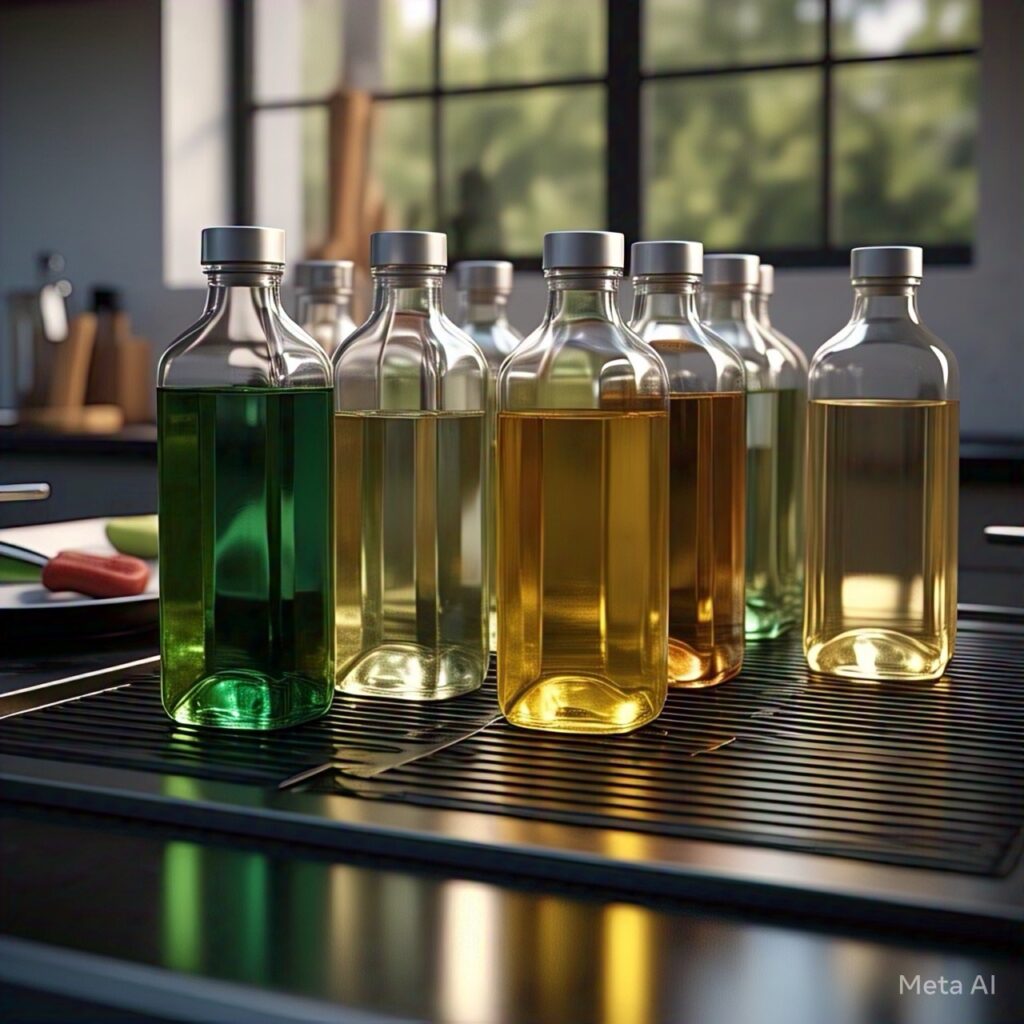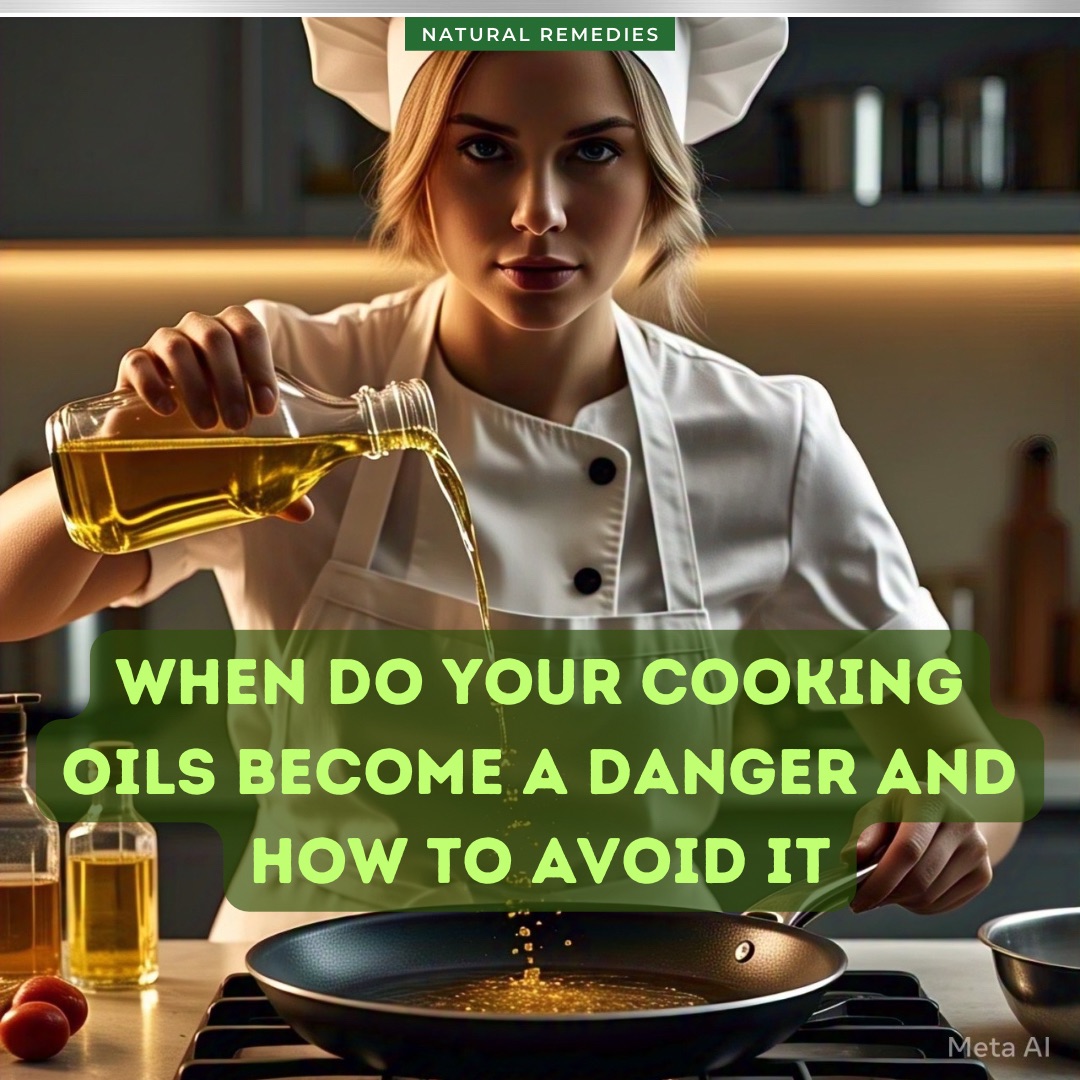Not all oils are safe for cooking! Many oxidize at high temperatures, creating harmful compounds that can damage your health.

When it comes to cooking oils, many believe they are safe at high temperatures, but a naturopathic perspective suggests otherwise. Heating oils can cause oxidation, which creates harmful compounds that may lead to inflammation and chronic health issues. Below is a breakdown of common cooking oils, their temperature ranges, oxidation points, and why they may not be ideal for cooking.

Extra Virgin Olive Oil
• Cooking Temperature: 320-374°F
• Oxidation Point: 374°F
• Recommendation: Best used raw in salads or drizzled over dishes. Heating destroys beneficial compounds, making it less nutritious when exposed to high temperatures.
Regular Olive Oil
• Cooking Temperature: 374-410°F
• Oxidation Point: 410°F
• Recommendation: If used, keep temperatures low. It is preferable for dressings and cold applications rather than high-heat cooking.
Avocado Oil
• Cooking Temperature: 374-518°F
• Oxidation Point: 518°F
• Recommendation: Excellent for dressings or raw consumption. Although it has a high smoke point, high heat may degrade its beneficial nutrients.
Coconut Oil
• Cooking Temperature: 347-392°F
• Oxidation Point: 392°F
• Recommendation: Better for low-heat cooking or raw consumption. Heating can oxidize the fats, making it less beneficial for health.
Butter
• Cooking Temperature: 302-347°F
• Oxidation Point: 347°F
• Recommendation: Best for spreading or low-heat cooking. High heat can create harmful compounds, making it unsuitable for frying.

Ghee (Clarified Butter)
• Cooking Temperature: 374-482°F
• Oxidation Point: 482°F
• Recommendation: Preferable for low-heat sautéing or drizzling. Heating at high temperatures may degrade nutrients, so use with caution.
Sesame Oil
• Cooking Temperature: 347-410°F
• Oxidation Point: 410°F
• Recommendation: Use raw for flavor in dishes. It is not ideal for frying or deep heating as it can become unstable.
Canola Oil
• Cooking Temperature: 400-446°F
• Oxidation Point: 446°F
• Recommendation: A highly processed oil that is best avoided if possible. If used, keep heat minimal to prevent oxidation.
Vegetable Oil
• Cooking Temperature: 400-446°F
• Oxidation Point: 446°F
• Recommendation: Highly refined and best avoided. Heating can increase oxidation risks, making it one of the least recommended oils.
Sunflower Oil
• Cooking Temperature: 428-482°F
• Oxidation Point: 482°F
• Recommendation: Use in cold dishes or at very low heat. High temperatures may alter its fatty acid balance.

Peanut Oil
• Cooking Temperature: 437-455°F
• Oxidation Point: 455°F
• Recommendation: Use only in moderate heat if necessary, but best consumed unheated due to oxidation concerns.
Grapeseed Oil
• Cooking Temperature: 419-446°F
• Oxidation Point: 446°F
• Recommendation: Good for dressings but not recommended for frying or high-heat applications.
Flaxseed Oil
• Cooking Temperature: Not for cooking
• Oxidation Point: 225°F
• Recommendation: Do not heat; best for raw consumption like salad dressings or smoothies.
Walnut Oil
• Cooking Temperature: Not for cooking
• Oxidation Point: 320°F
• Recommendation: Avoid heating; best used in salad dressings or raw applications.
Palm Oil
• Cooking Temperature: 446-500°F
• Oxidation Point: 500°F
• Recommendation: A highly processed oil that is best avoided in favor of unrefined natural fats.

Many cooking oils are marketed as safe for high-heat cooking, but heating them can cause oxidation and harmful byproducts. The best approach is to consume oils in their raw state as much as possible, incorporating them into dressings, dips, and unheated dishes. If heating oils is necessary, choosing stable fats and keeping the temperature as low as possible is key to preserving health benefits.







